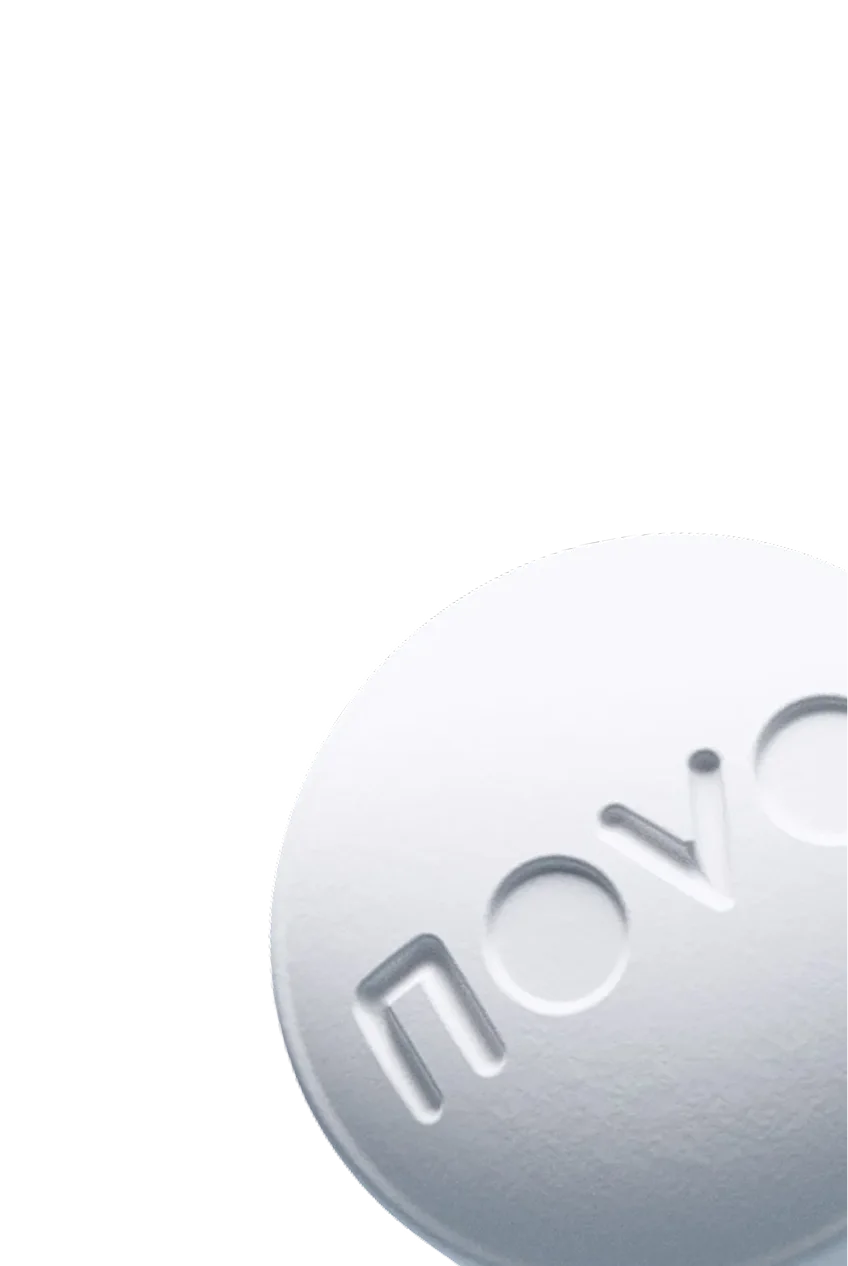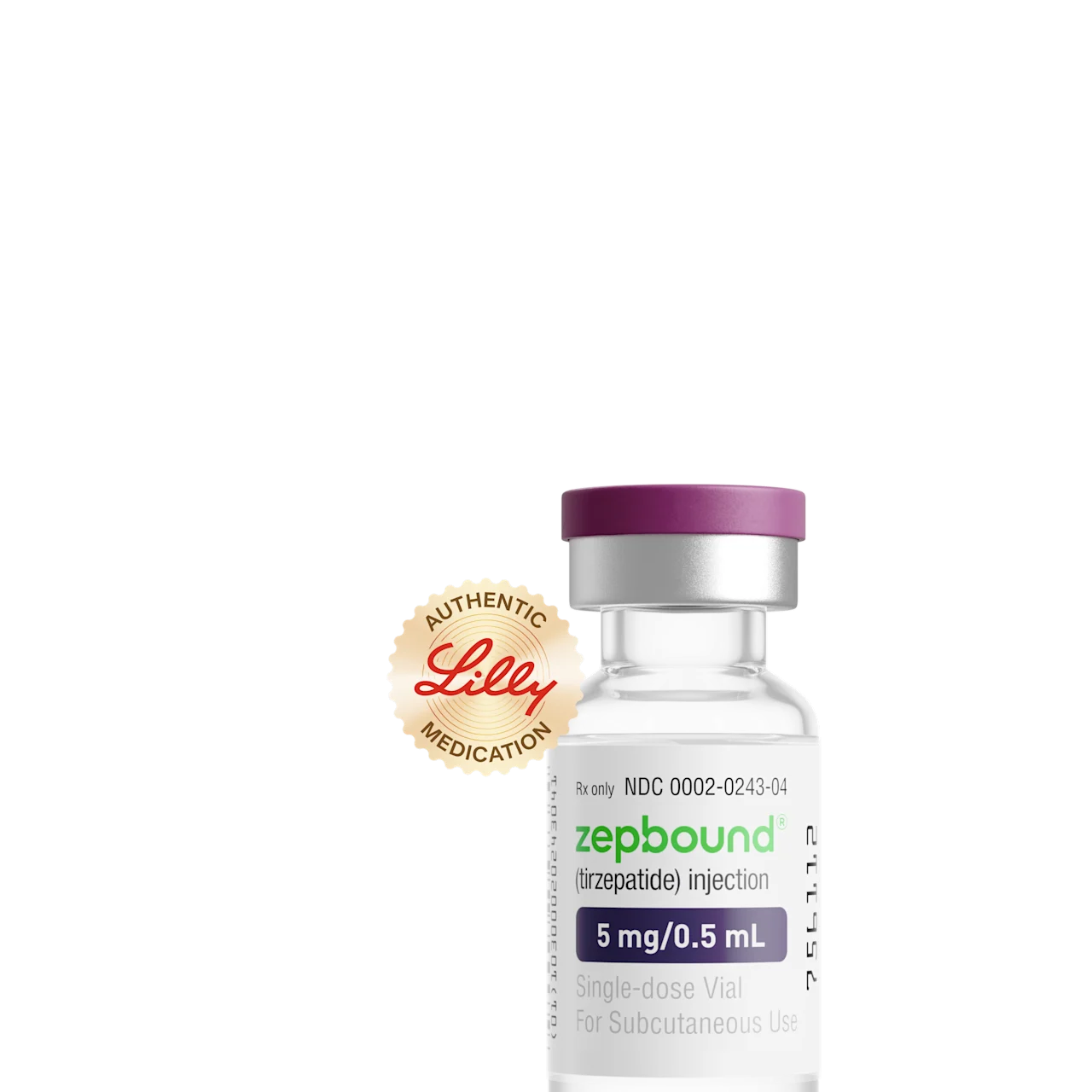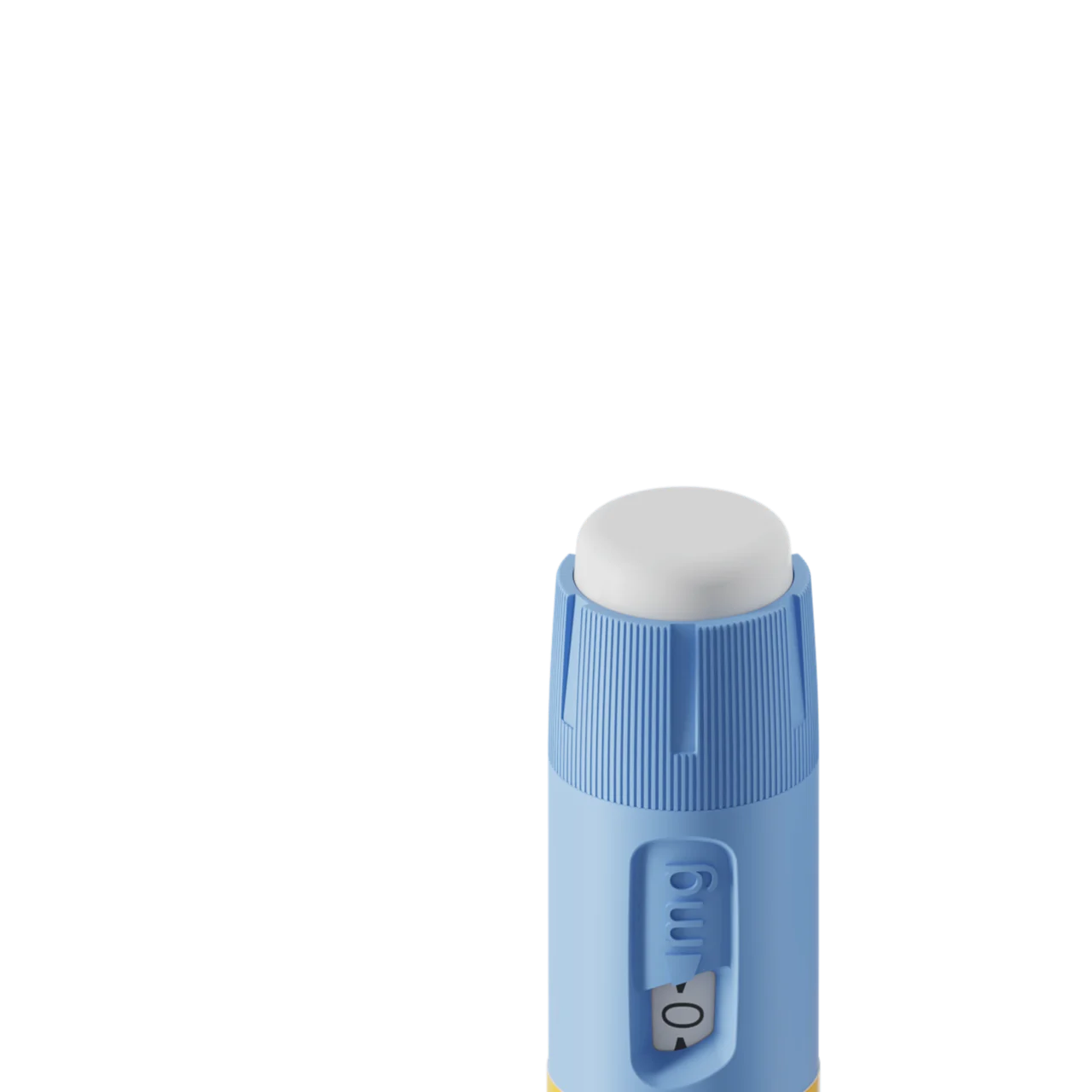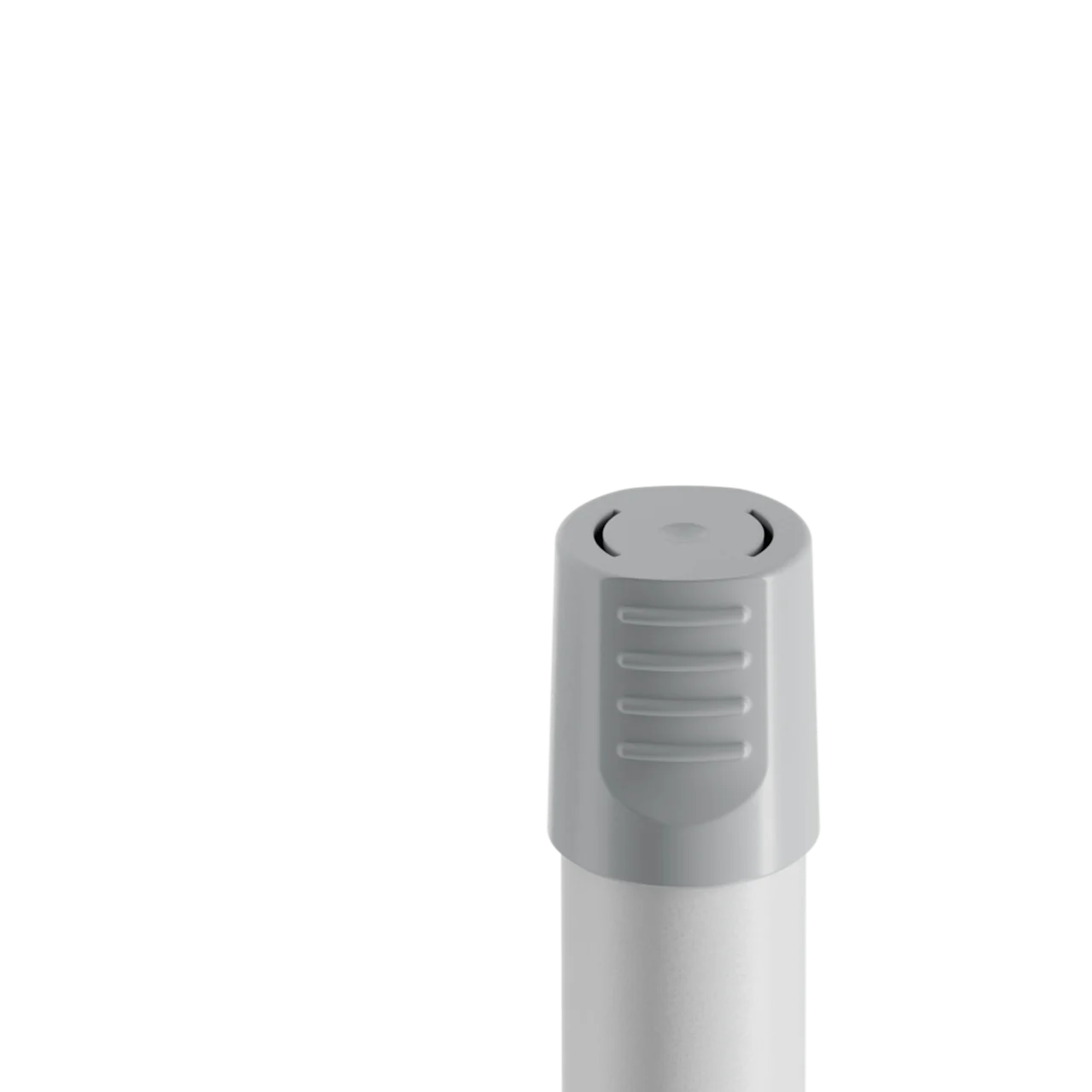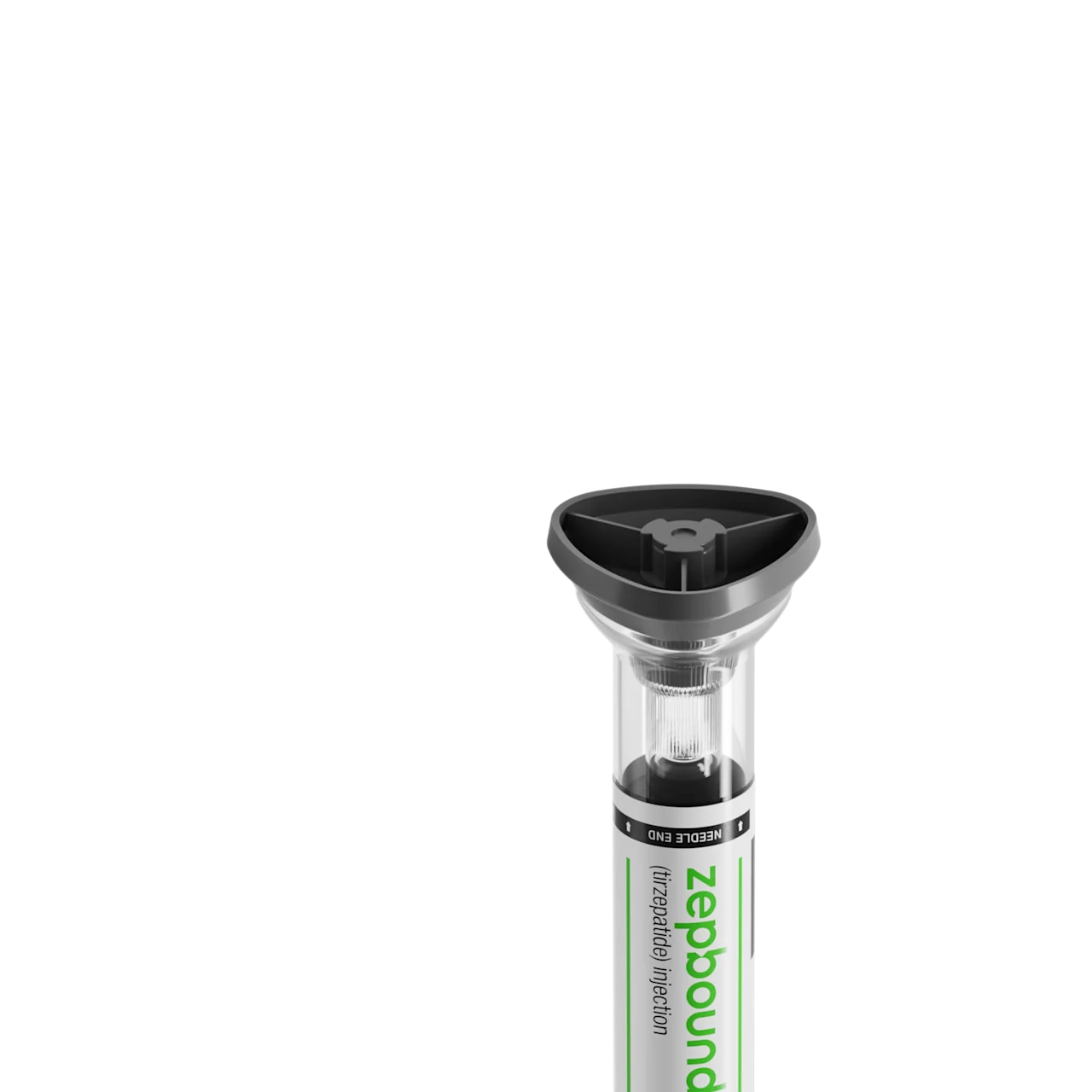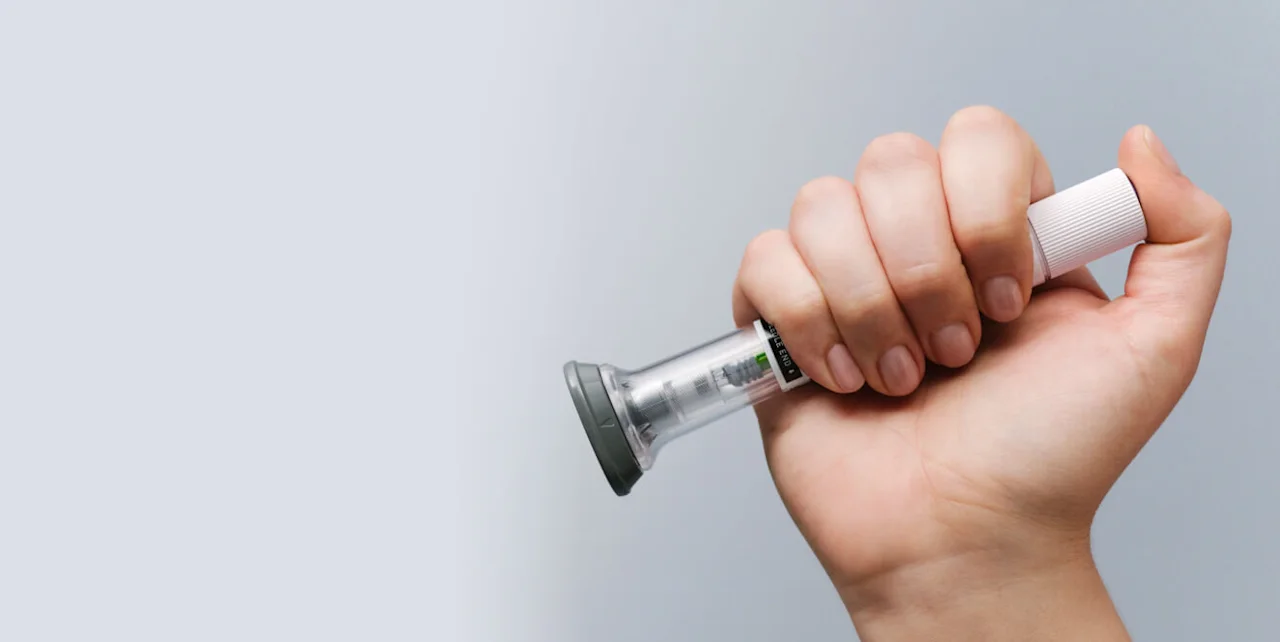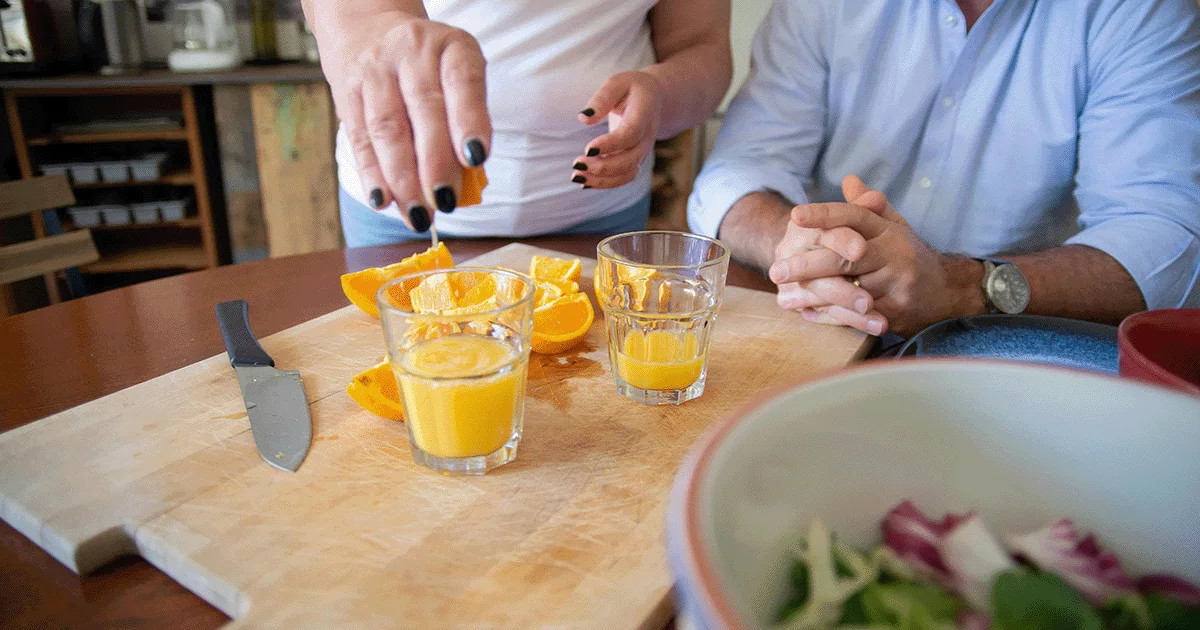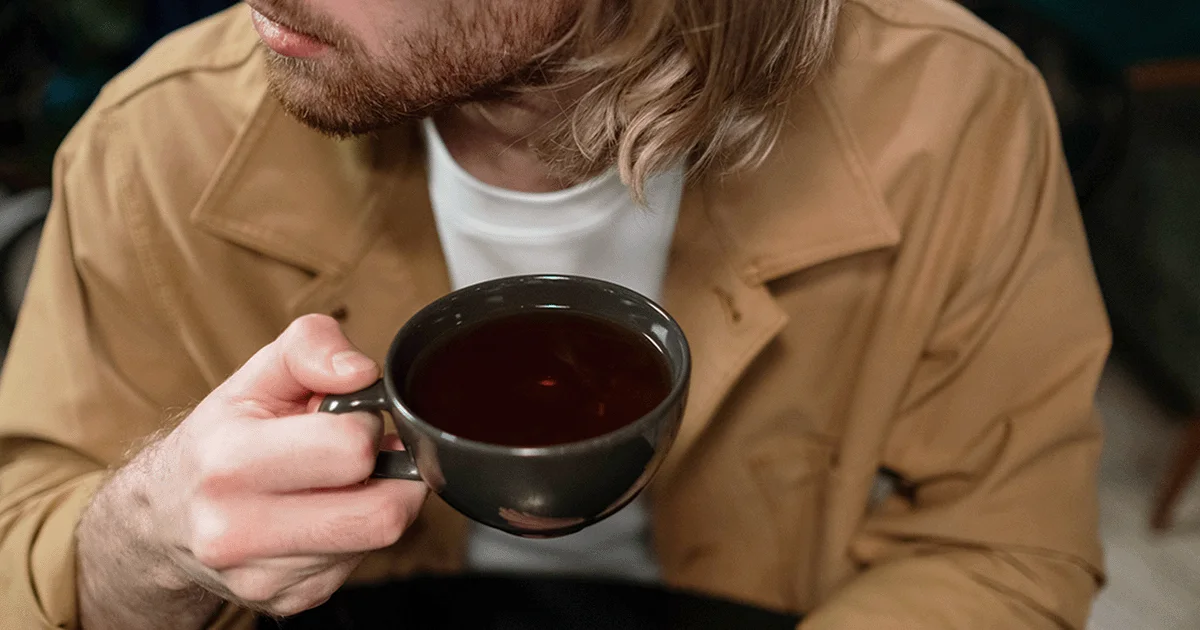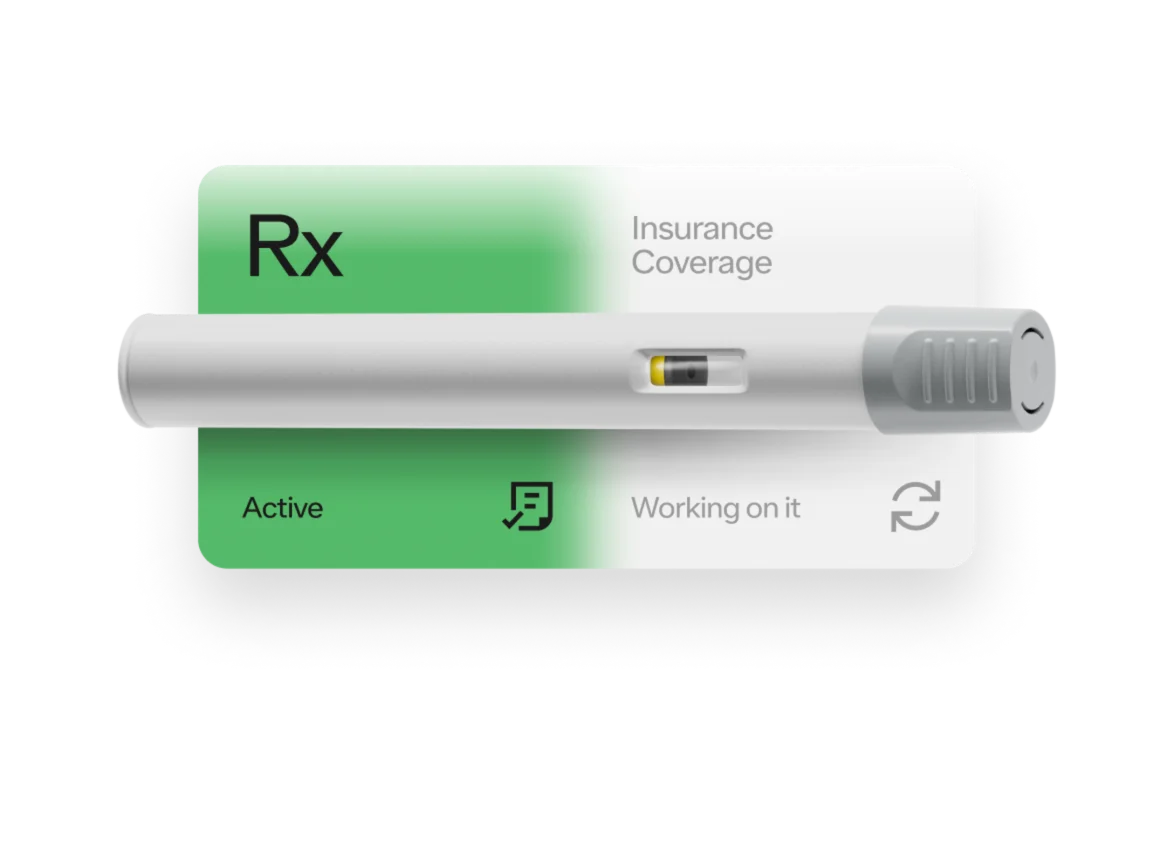Key takeaways
Your body typically burns more calories when you’re sick, especially if you have a fever.
That’s because being ill can increase your metabolism.
Factors like appetite changes, medications you’re taking, and how long you’re sick can influence how many extra calories you burn while sick.
While being sick can temporarily increase calorie burn, it should never be considered a safe or effective weight loss strategy.
Here's what we'll cover
Here's what we'll cover
Here's what we'll cover
Key takeaways
Your body typically burns more calories when you’re sick, especially if you have a fever.
That’s because being ill can increase your metabolism.
Factors like appetite changes, medications you’re taking, and how long you’re sick can influence how many extra calories you burn while sick.
While being sick can temporarily increase calorie burn, it should never be considered a safe or effective weight loss strategy.
When you’re under the weather, you may notice changes in your appetite, energy, and even your weight. This can spark the question: Do you burn more calories when sick? The short answer is yes, but there are some caveats to consider.
Being sick can ramp up your metabolism as your immune system works overtime. But you don’t want to go hunting for germs as a weight loss strategy (à la Emily Blunt’s character in The Devil Wears Prada).
Now, let’s break down why your calorie burn increases when you’re under the weather — and how to take care of your body while it heals.
Do you burn more calories when sick?
Yes, you can burn more calories when you’re sick because illness can cause your metabolism to speed up.
Fighting off infection, rallying immune cells, and maintaining a fever all require extra energy. This means your body burns more calories as it works overtime to battle the invading germs.
At the same time, illness and its symptoms (think: fever, muscle aches) can decrease your appetite. So you may eat less even though your body needs more fuel to fight the sickness and heal.
But this type of weight loss is usually short-term and not a healthy or sustainable way to lose weight. Your body is breaking down energy stores to fight off illness rather than to improve long-term health.
Rx weight loss with Ro
Get access to prescription weight loss medication online
How does being sick affect calorie burn?
When you’re sick, your body uses more energy (translation: it burns more calories) to fight the illness and help you heal.
Here are some of the main ways being sick affects calorie burn.
Increased immune system demands
Your immune system has a healthy appetite. Producing white blood cells and antibodies requires calories. And when you’re sick, your immune system needs even more calories to work at its best. So, the sicker you are, the more energy the immune response needs, and the more calories your body burns.
Boosted metabolism
Being sick can trigger a change in your metabolism. Instead of focusing energy on muscle recovery or digestion, your body diverts more resources to the immune response.
In fact, some researchers estimate your immune system gobbles up to 30% of the nutrients in your body as it fights the illness. This change temporarily raises your metabolic rate, so you burn more calories even while resting in bed.
Breakdown of muscle
When you’re sick, your body shifts how it uses energy. Instead of relying on its usual mix of carbohydrates and fat, it begins breaking down more protein and muscle to supply the amino acids needed for immune cells, inflammation, and tissue repair.
Protein is more energy-intensive to metabolize than fat. Meaning, your body works harder to break it down.
So, this process increases overall calorie burn. That’s why eating enough protein while you’re recovering can help slow muscle loss and support healing.
Symptom activity
Everything your body does, from breathing to running a marathon, requires energy. So even when you’re sniffling on the sofa, your body keeps burning calories.
Fever, shivering, coughing, and even the inflammation process itself require extra energy. While the sum of their parts may be small, these individual symptoms all burn additional calories.
How many calories do you burn when sick?
It depends. The exact number of calories you burn while sick can vary based on several factors, including:
Appetite. If you’re eating less due to nausea or a sore throat, your body may rely more on fat and muscle stores for energy. And even though you may be eating less, your body will burn more calories as it activates your immune system.
Fever. For every 1.8°F (1°C ) increase in body temperature, your calorie burn can rise by about 10%–13%. Higher fevers demand more energy and, thus, can burn more calories.
Medication. Some drugs can slow down your metabolism, while others — including some antibiotics — can actually reduce how well your body absorbs nutrients from the foods that you eat. As a result, you may not burn calories as quickly and may even gain weight, depending on how long you’re sick.
Muscle mass. In general, muscle tissue burns more calories than fatty tissue. People who have more muscle burn more calories, even when they're resting. If you have more muscle, you may burn more calories when you’re sick. But if you’re sick for too long, you may eventually experience a loss of muscle mass that may slow down your metabolism.
Length of illness. Short-term colds and flus may slightly boost your metabolism as your body fights off the illness. However, these effects are temporary and minor. (Translation: Getting sick is not an effective weight loss strategy.) Long-term illness may actually impact your ability to be physically active, which could slow weight loss and even lead to weight gain.
Do you burn more calories when sick with a cold?
Yes, your body burns more calories when you have a cold.
The increase is smaller than what happens with a fever. But your immune system still uses extra energy to fight infection.
So even without a big rise in body temperature, your metabolism can go up slightly during a cold.
Do you burn more calories with a fever?
Yes, your body burns more calories when you’re sick with a fever.
Raising and maintaining a higher body temperature is metabolically costly. It requires your body to mount a stronger immune response, burn more protein for energy, and use more oxygen to fight the infection.
For each degree increase in body temperature, your body increases your metabolic rate by approximately 10%–13%.
Does coughing burn calories?
Yes, coughing burns a small number of calories.
That’s because it activates your chest and abdominal muscles. But even frequent coughing won’t burn enough calories to make any meaningful difference in weight.
Remember: Coughing is your body’s way of clearing your airways, not a weight-loss strategy.
How should you approach weight loss when sick?
So, what if you’re on a weight loss journey and illness strikes? First and foremost, prioritize recovery. Your body is already under stress, so trying to push through restrictive dieting or intense workouts is not the right thing to do.
Instead, focus on supportive habits that can help you heal while loosely keeping you on track, such as:
Staying hydrated
Eating nutritious foods
Prioritizing good sleep
Touching base with your healthcare provider
Stay hydrated
Proper hydration can support your immune system, help thin mucus, and replace fluids lost from fever or sweating.
When you’re sick, reach for ultra-hydrating drinks such as water and herbal teas with honey or ginger. Drinking water instead of sugary beverages can also support weight loss, giving you another good reason to stick to healthy fluids while you recover.
Soups and gelatin (think: Jell-O) are great options when your appetite is low. Warm broth-based soups can open your sinuses, prevent dehydration, and help thin mucus, so your body can clear it more easily.
Low-calorie but protein-rich soups featuring beans, lentils, and the classic chicken noodle can help you stick to your diet while still getting the nutrients you need to heal. Protein is key because it boosts feelings of fullness, making you less likely to snack while you hang out in bed.
When you’re under the weather, you may also want to skip your daily coffee or occasional glass of wine. Alcohol and caffeine are both dehydrating, so consuming them while you’re sick can actually lengthen your recovery.
Instead, opt for non-caffeinated herbal teas and sugar-free beverages. In the longer term, it’s best to keep alcohol in moderation as it can also slow weight loss and weaken your immune system over time.
Eat illness-fighting foods
The old saying “feed a cold, starve a fever” is only half right.
Whether you have a cold or a fever, your body is working overtime to fight off the illness. So, you should feed both — your body needs energy and nutrients to recover.
The best way to do this is by eating nutrient-rich foods that support your immune system. Fruits and vegetables high in vitamin C, zinc, and antioxidants can be especially helpful. Examples include:
Citrus fruits (e.g. oranges, grapefruits)
Berries (e.g. strawberries, blueberries)
Peppers
Leafy greens (e.g. kale, spinach)
Plus, research consistently shows that eating more fruits and vegetables can support healthy weight loss.
If you’re dealing with nausea or other gastrointestinal symptoms, bland foods can be easier to tolerate. Follow the BRAT diet and consider eating:
Bananas
Applesauce
Toast can be easier to tolerate.
Ginger, turmeric, and garlic also have natural anti-inflammatory and immune-supporting properties. For example:
Ginger has natural compounds that can help calm inflammation and may weaken certain viruses, which can make cold-and-flu symptoms feel easier.
Turmeric contains curcumin, which has been shown to support the immune system and reduce inflammation, helping your body respond better when you’re sick.
Garlic provides immune-supporting compounds that may help your body fight off viruses, especially when eaten regularly.
Prioritize sleep
Being sick can make it harder to sleep well. But you actually need good shut-eye more than ever when you’re under the weather.
Sleep can help you heal.
When you’re sick, your sleep architecture changes. You spend more time in deep, restorative sleep (the stage of sleep where your body recovers) vs. REM (the stage where you dream).
Plus, good sleep habits can support weight loss in the long term once you’re feeling healthy again — and even help protect you from getting sick in the future.
Follow these tips to sleep well when you’re sick:
Keep your bedroom cool, dark, and comfy
Take a warm bath or shower if you feel well enough
Practice progressive muscle relaxation or breathing exercises
Avoid bright lights or electronic use late at night
Limit or eliminate caffeine and alcohol
Check in with your healthcare provider
If you’re taking any prescription medications, check in with your healthcare provider to make sure they won’t negatively interact with any cold or flu remedies you’re considering.
This includes weight loss medications like Zepbound (tirzepatide) and Wegovy (semaglutide), as GLP-1s may affect the absorption of other oral medications.
Depending on your symptoms, your healthcare provider may recommend temporarily pausing your weight loss medication while your body recovers.
Give yourself a break
Being sick is not the time to stress out about sticking to your HIIT workout routine or calorie-restricted diet.
All you need to focus on is sleeping, drinking water, and eating healthy, nutritious foods. The sooner you get better, the sooner you can feel well enough to return to your weight loss routine.
Bottom line
So, do you burn more calories when sick? You can, especially if you have a fever.
But let’s be very clear: Catching a cold isn’t a healthy or sustainable way to lose weight. (Hey, it may seem obvious, but it's worth repeating.) Your body needs energy to recover, and neglecting nutrition can cause muscle loss and delay healing.
You can burn more calories when sick. Your body experiences a temporary boost in metabolism when it’s fighting an infection and running a fever.
How many calories you burn when sick can depend on a number of factors. For example, changes in appetite, other medications you’re taking, and whether or not you have a fever can all affect how many calories you use.
Fever can really rev up calorie burning. For each degree rise in body temperature, your body increases your metabolic rate by 10%–13%.
When you’re sick, it’s important to focus on recovery, not restriction. Staying hydrated, eating nourishing foods, and resting will help you heal faster and return to your weight loss routine safely.
DISCLAIMER
If you have any medical questions or concerns, please talk to your healthcare provider. The articles on Health Guide are underpinned by peer-reviewed research and information drawn from medical societies and governmental agencies. However, they are not a substitute for professional medical advice, diagnosis, or treatment.
Zepbound Important Safety Information: Read more about serious warnings and safety info.
Wegovy Important Safety Information: Read more about serious warnings and safety info.
GLP-1 Important Safety Information: Read more about serious warnings and safety info.
References
Azam, M. S., Islam, M. N., Wahiduzzaman, M., et al. (2023). Antiviral foods in the battle against viral infections: Understanding the molecular mechanism. Food Science & Nutrition, 11(8), 4444–4459. doi: 10.1002/fsn3.3454. Retrieved from https://pmc.ncbi.nlm.nih.gov/articles/PMC10420791/
Balli, S., Shumway, K. R., & Sharan, S. (2023). Physiology, Fever. StatPearls. Retrieved from https://www.ncbi.nlm.nih.gov/books/NBK562334/
Bracamontes-Castelo, G., Bacardí-Gascón, M., & Jiménez Cruz, A. (2019). Effect of water consumption on weight loss: a systematic review. Nutricion Hospitalaria, 36(6), 1424–1429. doi: 10.20960/nh.02746. Retrieved from https://pubmed.ncbi.nlm.nih.gov/31657610/
Childs, C. E., Calder, P. C., & Miles, E. A. (2019). Diet and immune function. Nutrients, 11(8), 1933. doi: 10.3390/nu11081933. Retrieved from https://www.mdpi.com/2072-6643/11/8/1933
Calvarysky, B., Dotan, I., Shepshelovich, D., et al. (2024). Drug-Drug Interactions Between Glucagon-Like Peptide 1 Receptor Agonists and Oral Medications: A Systematic Review. Drug Safety, 47(5), 439–451. doi: 10.1007/s40264-023-01392-3. Retrieved from https://pubmed.ncbi.nlm.nih.gov/38273155/
Daley, S. F. & Sharma, S. (2025). Therapeutic Diets for the Management of Gastrointestinal Conditions and Pre- and Postoperative Care. StatPearls. Retrieved from https://www.ncbi.nlm.nih.gov/books/NBK538500/
Krapić, M., Kavazović, I., & Wensveen, F. M. (2021). Immunological mechanisms of sickness behavior in viral infection. Viruses, 13(11), 2245. doi: 10.3390/v13112245. Retrieved from https://www.mdpi.com/1999-4915/13/11/2245
Kim, J. Y. (2021). Optimal Diet Strategies for Weight Loss and Weight Loss Maintenance. Journal of Obesity & Metabolic Syndrome, 30(1), 20–31. doi: 10.7570/jomes20065. Retrieved from https://pubmed.ncbi.nlm.nih.gov/33107442/
Lasselin, J., Ingre, M., Regenbogen, C., et al. (2019). Sleep during naturally occurring respiratory infections: A pilot study. Brain, Behavior, and Immunity, 79, 236–243. doi: 10.1016/j.bbi.2019.02.006. Retrieved from https://pmc.ncbi.nlm.nih.gov/articles/PMC7127143/
Li, Z., Li, X., Cai, Z., et al. (2022). Immunomodulatory effects of chicken soups prepared with the native cage-free chickens and the commercial caged broilers. Poultry Science, 101(10), 102053. doi: 10.1016/j.psj.2022.102053. Retrieved from https://pmc.ncbi.nlm.nih.gov/articles/PMC9411684/
MedlinePlus. (2024). Chicken soup and sickness. Retrieved from https://medlineplus.gov/ency/article/002067.htm#
Moon, J. & Koh, G. (2020). Clinical Evidence and Mechanisms of High-Protein Diet-Induced Weight Loss. Journal of Obesity & Metabolic Syndrome, 29(3), 166–173. doi: 10.7570/jomes20028. Retrieved from https://pmc.ncbi.nlm.nih.gov/articles/PMC7539343/
National Institute on Alcohol Abuse and Alcoholism (NIAAA). (2025). Alcohol’s Effects on the Body. Retrieved from https://www.niaaa.nih.gov/alcohols-effects-health/alcohols-effects-body
Pontifex, E., Williams, M. T., Lunn, R., et al. (2002). The effect of huffing and directed coughing on energy expenditure in young asymptomatic subjects. The Australian Journal of Physiotherapy, 48(3), 209–213. doi: 10.1016/s0004-9514(14)60225-7. Retrieved from https://pubmed.ncbi.nlm.nih.gov/12217070/
Prather, A. A. & Leung, C. W. (2016). Association of Insufficient Sleep With Respiratory Infection Among Adults in the United States. JAMA Internal Medicine, 176(6), 850–852. doi: 10.1001/jamainternmed.2016.0787. Retrieved from https://pmc.ncbi.nlm.nih.gov/articles/PMC4899278/
Prescott, J. D., Drake, V. J., & Stevens, J. F. (2018). Medications and Micronutrients: Identifying Clinically Relevant Interactions and Addressing Nutritional Needs. The Journal of Pharmacy Technology, 34(5), 216–230. doi: 10.1177/8755122518780742. Retrieved from https://pmc.ncbi.nlm.nih.gov/articles/PMC6109862/
Sánchez López de Nava, A., & Raja, A. (2022). Physiology, Metabolism. StatPearls. Retrieved from https://www.ncbi.nlm.nih.gov/books/NBK546690/
Singh, D. N., Bohra, J. S., Dubey, T. P., et al. (2023). Common foods for boosting human immunity: A review. Food Science & Nutrition, 11(11), 6761–6774. doi: 10.1002/fsn3.3628. Retrieved from https://pmc.ncbi.nlm.nih.gov/articles/PMC10630845/
Taylor, K. & Tripathi, A. K. (2025). Adult Dehydration. StatPearls. Retrieved from https://www.ncbi.nlm.nih.gov/books/NBK555956/
Thirumdas, R., Kothakota, A., Pandiselvam, R., et al. (2021). Role of food nutrients and supplementation in fighting against viral infections and boosting immunity: A review. Trends in Food Science & Technology, 110, 66–77. doi: 10.1016/j.tifs.2021.01.069. Retrieved from https://pmc.ncbi.nlm.nih.gov/articles/PMC7857987/
Tomiyama, A. J. (2019). Stress and Obesity. Annual Review of Psychology, 70, 703–718. doi: 10.1146/annurev-psych-010418-102936. Retrieved from https://www.annualreviews.org/content/journals/10.1146/annurev-psych-010418-102936
Verhaegen, A. A. & Van Gaal, L. F. (2019). Drugs That Affect Body Weight, Body Fat Distribution, and Metabolism. Endotext. Retrieved from https://www.ncbi.nlm.nih.gov/books/NBK537590/
von Loeffelholz, C. & Birkenfeld, A. L. (2022). Non-Exercise Activity Thermogenesis in Human Energy Homeostasis. Endotext. Retrieved from https://www.ncbi.nlm.nih.gov/books/NBK279077/



